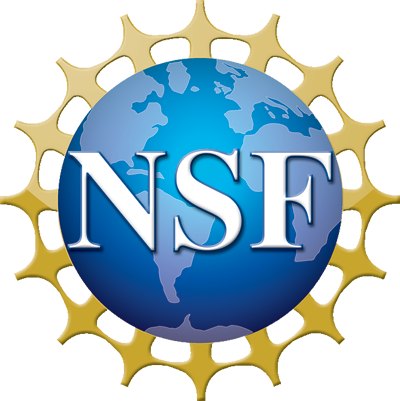
The National Science Foundation (NSF) announced today an award to North Carolina State University and its partners to establish a new NSF Engineering Research Center (ERC) focused on nanoscale systems that integrate self-powered electronics for the advancement of personalized medicine.
The ERC, one in a cohort of three with a nanosystems focus, will pursue interdisciplinary research and education to address questions important to both nanotechnology and human health and to meet critical industry needs through innovation. NSF will invest $18.5 million in the Center over the next five years.
The NSF Nanosystems Engineering Research Center (NERC) for Advanced Self-Powered Systems of Integrated Sensors and Technology (ASSIST) will create self-powered wearable systems that simultaneously monitor a person’s environment and health, potentially uncovering connections between exposure to pollutants and chronic diseases such as asthma. The systems will be enabled by fundamental research on ultra low-voltage nanoelectronics, nanostructured materials for piezoelectric and thermoelectric energy harvesting and capacitor energy storage, and nanowires for ultra low power sensors.
Combined with secure data processing and communication capabilities, the ASSIST components will be integrated into seamless technology systems that function for long periods of time in a manner that is unobtrusive to the user. Ultimately, by empowering patients and doctors with information and by enabling correlation between an individual’s health and environment, these systems could improve global health and quality of life.
The lead institution for ASSIST is North Carolina State University (NCSU), which will partner extensively with Florida International University, the Pennsylvania State University, and the University of Virginia. In addition, the Center will collaborate with the University of Michigan and the Center for Environmental Medicine, Asthma and Lung Biology at the University of North Carolina. Researchers at the Korea Advanced Institute of Science and Technology (KAIST), Tokyo Institute of Technology (Tokyo Tech), and the University of Adelaide, Australia, will contribute additional expertise and international opportunities for student education.
Collaboration with more than 30 non-academic partners — including small and large companies (particularly in the sectors of medicine and environmental health), regional innovation organizations, and government agencies — will spur innovation and provide university students with first-hand experience in entrepreneurship. The Center will also interact closely with complementary research centers and organizations specializing in technology transfer to stimulate innovation based on its research.
Since 1985, the ERC program has fostered extensive collaborations to create technological breakthroughs for new products and services and to prepare U.S. engineering graduates for successful participation in the global economy. The three centers launched this year, as part of the third generation of NSF ERCs (Gen-3 ERCs), place increased emphasis on innovation and entrepreneurship, partnerships with small research firms in translational research, education of an innovative engineering workforce, and international collaboration and cultural exchange.
The Nanosystems ERCs (NERCs) are expected to create transformational science and engineering platforms for the respective fields of nanoscale research, education, and innovation. As appropriate to its particular areas of research, each NERC will include the societal and environmental implications of the nano-enabled scientific and technological breakthroughs. The new centers are part of the National Nanotechnology Initiative (NNI), which provides a conceptual framework and additional collaborative opportunities, and they are strategically designed to build on more than a decade’s worth of investment and discoveries in fundamental nanoscale science and engineering.
“This Center offers an unobtrusive means to correlate personal environment factors with individual health…”
Lynn Preston, the leader of the ERC Program
“…and, when combined with health informatics, could present opportunities to benefit entire communities.”
Cecile J. Gonzalez, NSF
